A Science|Business hybrid expert workshop, organised in partnership with Elsevier (15:00 – 17:30 CET)
Research infrastructures (RI) crystallise some of the main issues raised in the European Research Area Policy Agenda. Among them: unequal access to facilities for researchers; open science; the scale of investments required to set up and maintain large infrastructures such as synchrotrons, telescopes, and laser facilities, not to mention their carbon footprint and questions around their economic impact. It is thus not a surprise to see research infrastructures identify as a key priority of the upcoming Czech and Swedish Presidencies of the Council of the EU.
While the budget allocated to research infrastructures under the first pillar of Horizon Europe remains steady compared to the previous Framework Programme, with €2.4 bn allocated between 2021 and 2027, the 2021 ESFRI roadmap shows much bigger ambitions, seeking a budget of €4bn to build 11 new international infrastructures. It is therefore clear that Horizon Europe alone will not be sufficient to deliver against these ambitions. Such investments will only occur if a better interplay between international, EU and national and regional funding is in place. In addition, while the amounts required to finance equipment and maintenance of research infrastructures can be quantified, the impact of their scientific outputs is not as easily measurable. As a result, building investment plans for research infrastructures is nearly “mission impossible” today.
Against this backdrop, a number of questions arise: How to mobilise the political support needed to attract more national and regional funding for research infrastructures? What role can private and corporate investors play towards a more sustainable use of such facilities? What is the return on investment for public and private funders? Against which criteria can the economic value of research infrastructures be assessed? How to collect data in a coordinated way to run a Europe-wide RI impact assessment? Are there any pilot projects that can lead to a scalable methodology aimed to ensuring the financial sustainability of research infrastructures in the longer run, and helping funders decide whether and where to invest?
On 16 June 2022, Science|Business, in partnership with Elsevier, gathers EU institutions and governments officials, funders, scientists, research infrastructures representatives and industry executives to discuss the current state of play in Europe and to produce recommendations on how to better demonstrate the impact and value of RI to societies and economies at large.






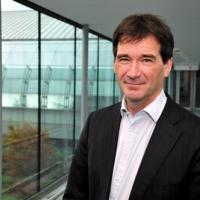

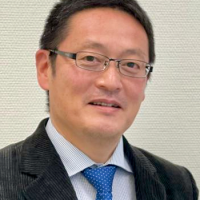







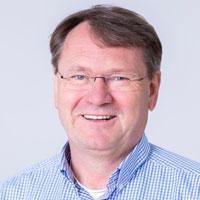


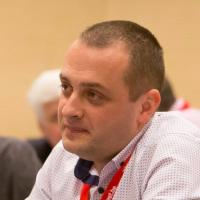


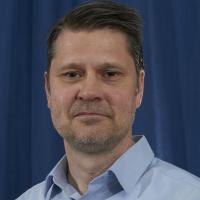
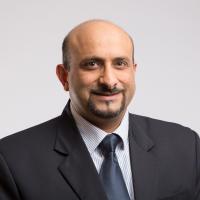









14:30 Welcome coffee
15:00 Introduction
15:05 Sales pitch: How can the research community persuade investors it needs more RIs?
An open discussion around the challenges faced by the research community to make the case for larger and longer-term investments in research infrastructures; but why they are needed.
With Introductory remarks by:
Jana Kolar, Chair, ESFRI
Elena Hoffert, Scientific Advisor, Department for Research Infrastructures, French Ministry for Higher Education and Research
15:45 Connecting the dots: Focus on pilot initiatives
An open discussion aimed to shedding light on pilot projects and collectively identifying the criteria required to measure the impact of RI investments in terms of scientific outputs (e.g. patents), collaborations, progress over grand challenges, etc.
With introductory remarks by:
Andrew Harrison, Chief Executive Officer, DIAMOND Light Source
Alberto Zigoni, Portfolio Integration Director, Elsevier
16:15 Coffee break
16:30 Cracking the case: Can a methodology be drawn to assess the impact of RIs?
A forward-looking discussion aimed to connect the dots, draw concrete recommendations towards a scalable assessment method to measure – against clear criteria – the impact of research infrastructures and the science run through them, and ultimately guide funding agencies, governments and other stakeholders in deciding whether to invest in existing or new facilities.
With introductory remarks by:
Carthage Smits, Lead Coordinator, Global Science Forum, OECD
Liesbeth Olsson, Secretary General for research infrastructures, Swedish Research Council
17:20 Research infrastructures in the 2022 Czech EU Presidency agenda
by Jan Hrušák, Special Envoy for research infrastructures at the Ministry of Education, Youth and Sport of the Czech Republic
17:25 Conclusions
17:30 Networking reception (until 18:30)
Partners


 A unique international forum for public research organisations and companies to connect their external engagement with strategic interests around their R&D system.
A unique international forum for public research organisations and companies to connect their external engagement with strategic interests around their R&D system.